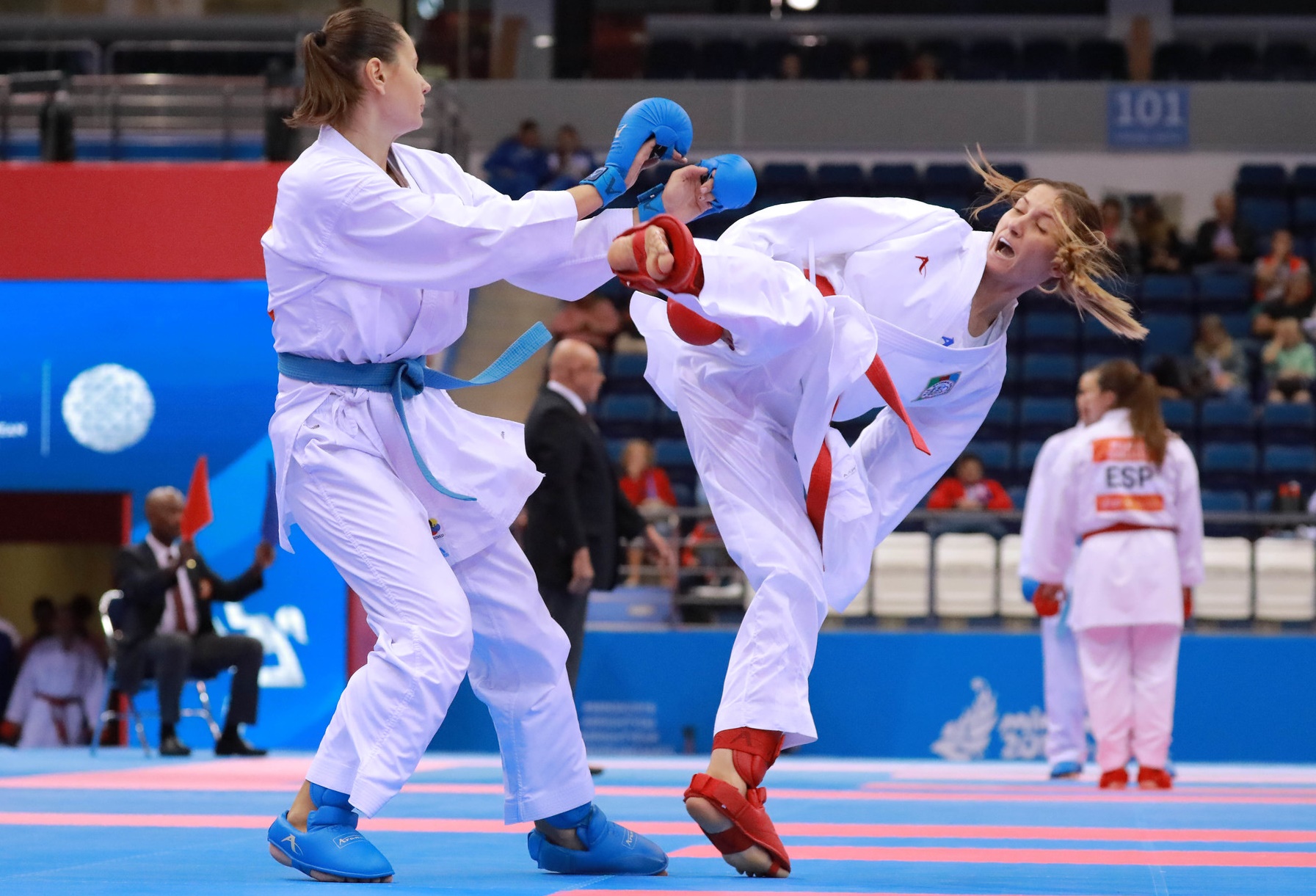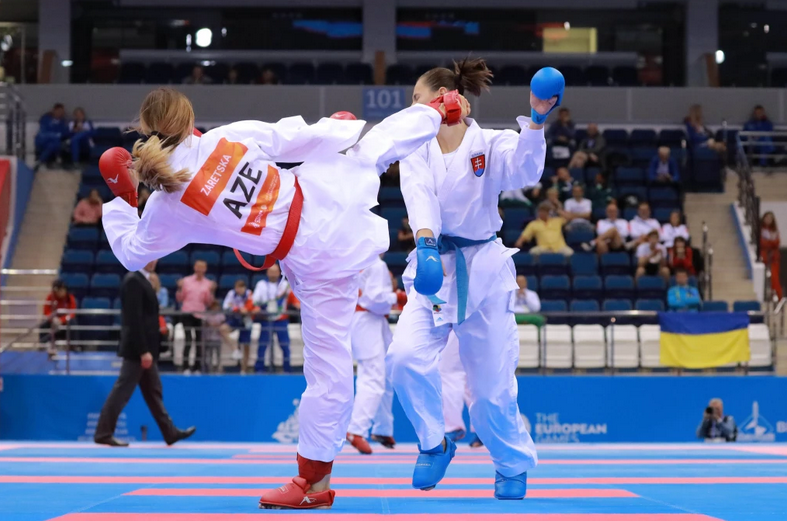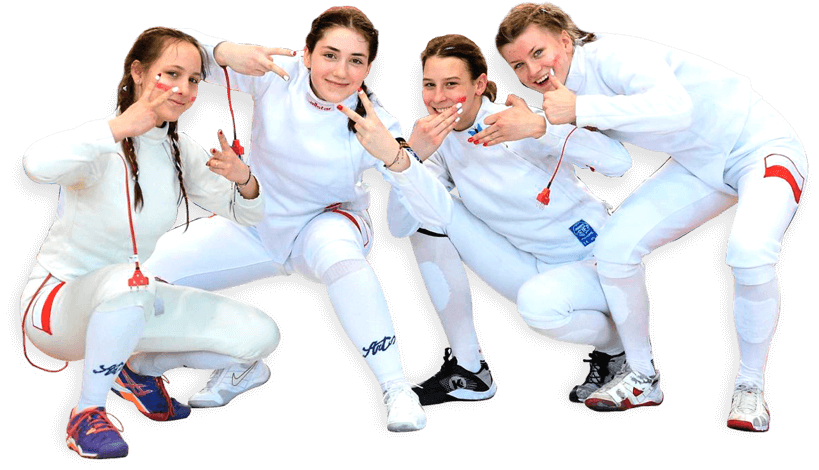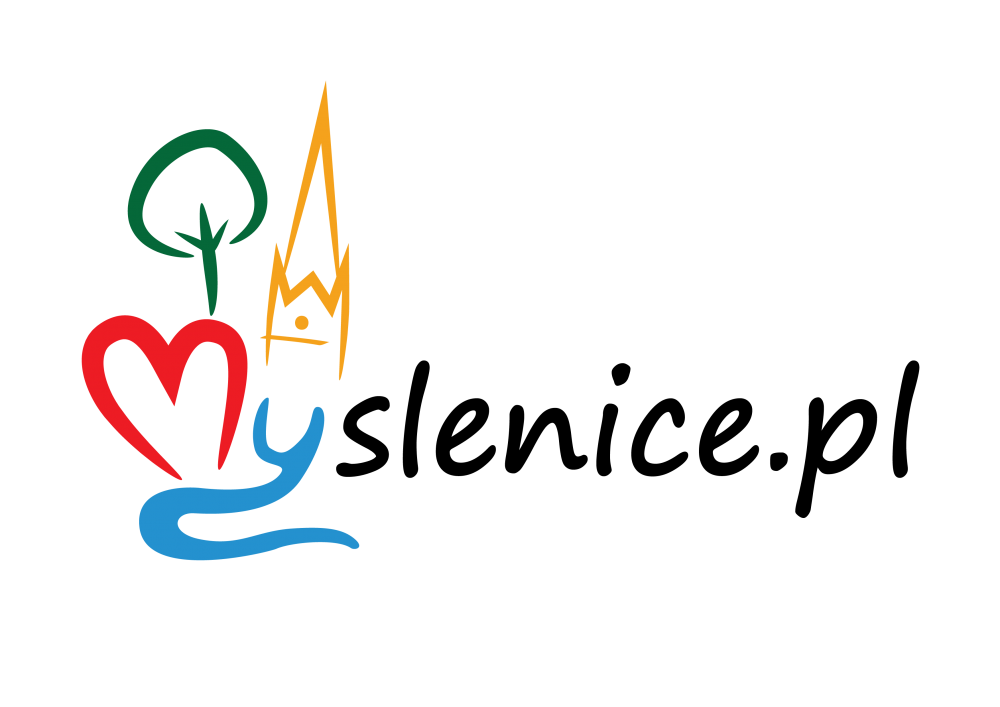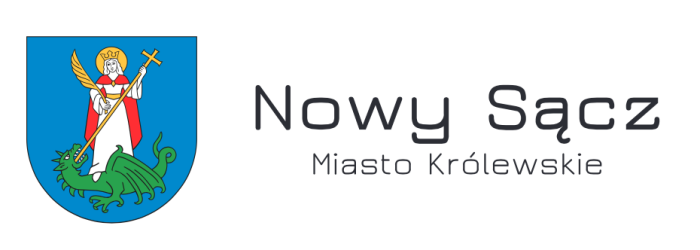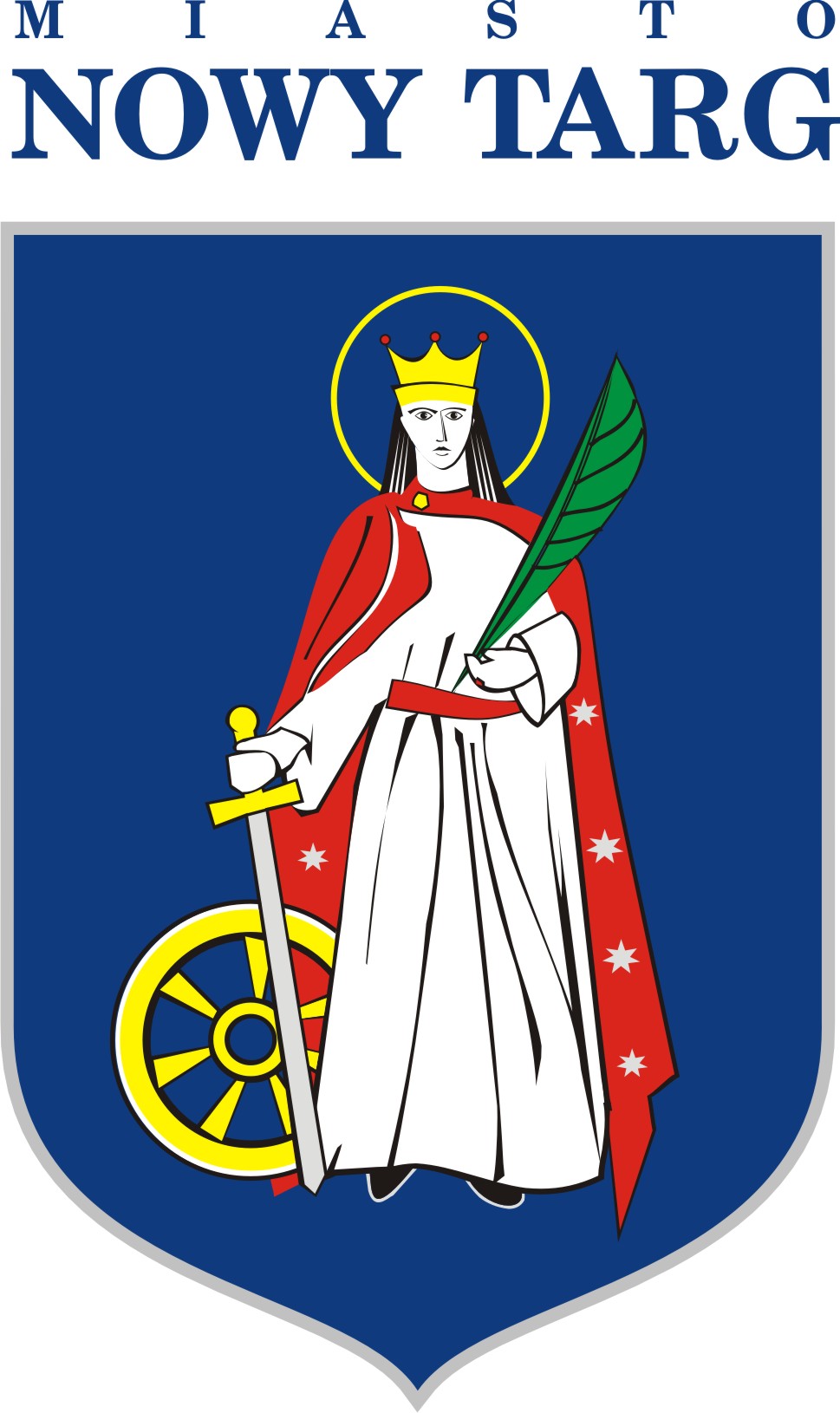Karate/Non-olympic sport disciplineEVENTS
- Kata
- Kumite -60kg
- Kumite -67kg
- Kumite -75kg
- Kumite -84kg
- Kumite +84kg
- Kata
- Kumite -50kg
- Kumite -55kg
- Kumite -61kg
- Kumite -68kg
- Kumite +68kg
Karate
Debut at the Games
During the Krakow-Malopolska 2023 European Games, nearly 100 male and female athletes will compete in individual kata and kumite in five different weight categories. The competition will be held at Bielsko-Biała Arena
In 2021, karate made its first appearance on the Olympic Games program. In Tokyo, male and female athletes competed in eight disciplines: individual kata for men and women and kumite, divided into six weight categories. The medal classification was won by the Japanese national team with the achievement of one gold, one silver and one bronze medal, but the Asians did not dominate the competition.
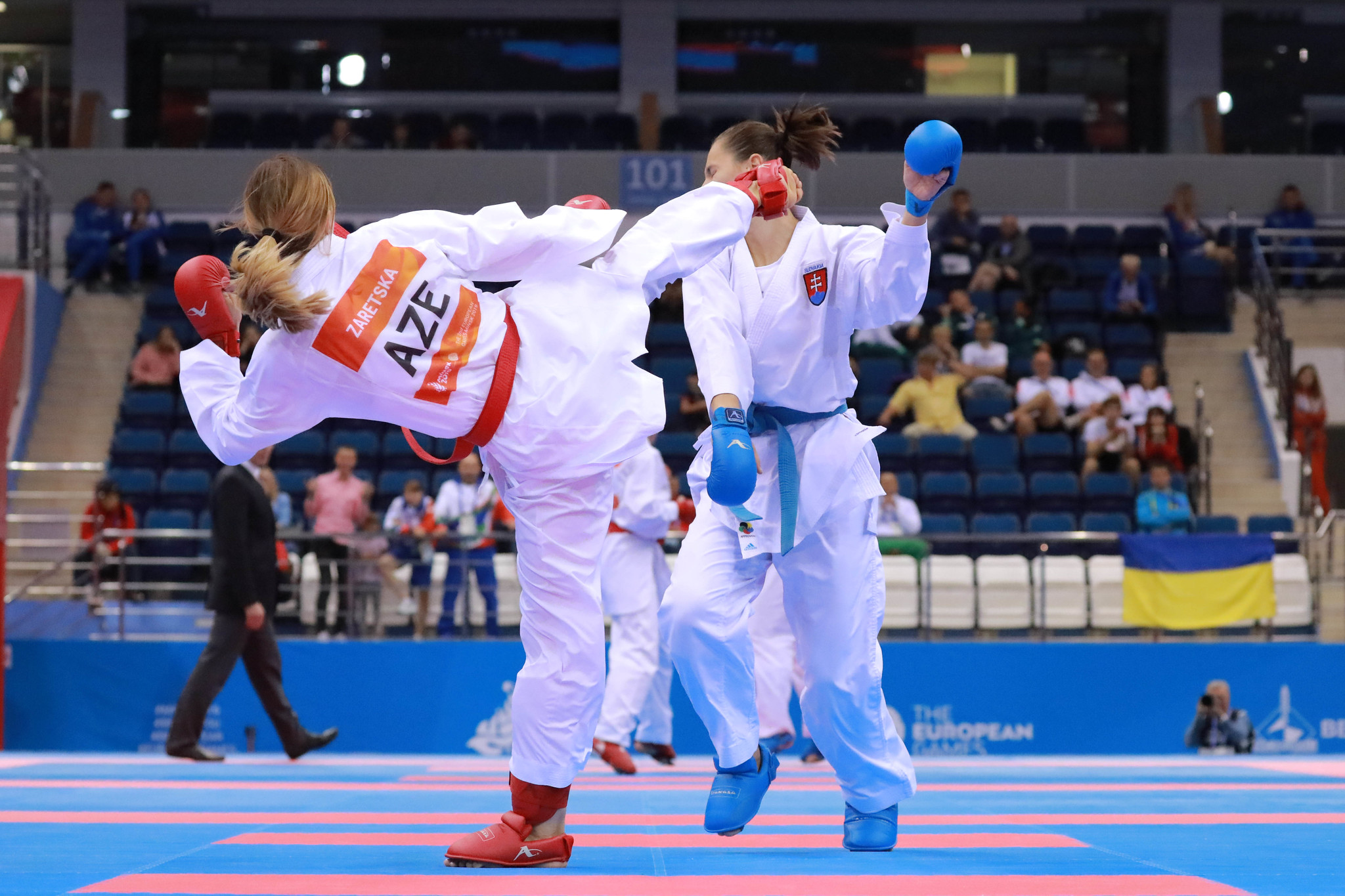
Forbidden Lessons
A traditional combat sport originating in Asia. Today, karate is practiced around the world in over a hundred different varieties. Its popularity is due to movies that did not always show the true face of this sport.
Karate originates from the island of Okinawa, where in the fifteenth century King Sho Shin banned the possession of weapons, especially swords. The local population was forced to look for other means of defense, including hand-to-hand combat, which was the origin of today’s karate. Over the years, a lot has changed, and in the 1920s – thanks to Gichin Funakoski – karate found its way to Japan. Today, he is considered the father of modern karate.
In elementary school, Funakoshi met karate master Anko Azato, who started giving him lessons. Karate was banned at that time, so training was held in deep secrecy and most often at night. In 1922, Funakoshi gave a karate demonstration in Tokyo and the sport began to grow in popularity. In 1936, the first karate school was opened in the Japanese capital.
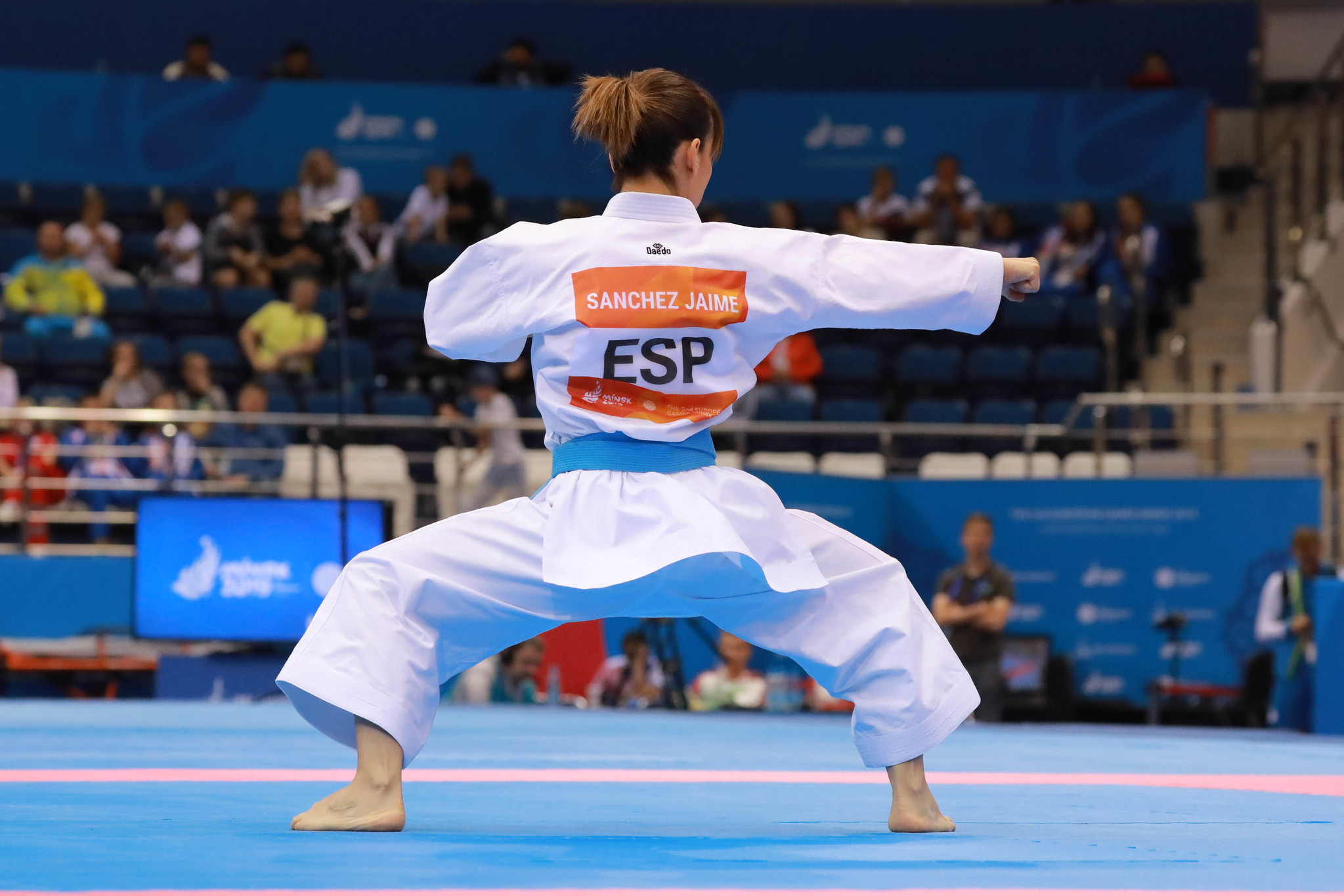
Karate VENUE
